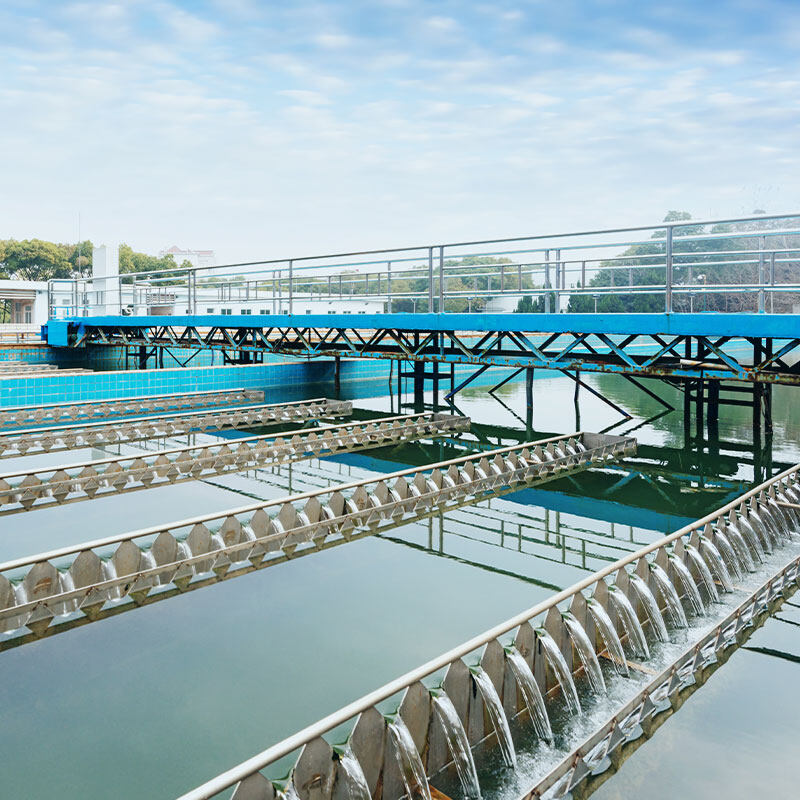Understanding Metallurgical Wastewater: Challenges and Opportunities in the Industry
Metallurgical wastewater is a byproduct of metal production and processing.
It plays a crucial yet often overlooked role in the world of manufacturing.
With the growing emphasis on environmental sustainability, understanding its composition is critical.
Corporate responsibility also drives the need to study its treatment and hazards.
This knowledge has become essential for businesses in the metallurgical industry.
This blog post will explore the nature of metallurgical wastewater.
It will discuss its environmental impact and effective management strategies.
The post will also focus on metallurgical wastewater wholesale options for efficient solutions.
What Is Metallurgical Wastewater?
Metallurgical wastewater is generated during metal extraction, refining, and processing.
These metals include iron, steel, copper, and aluminum.
The wastewater consists of water used in cooling, cleaning, and chemical processing.
It is often contaminated with pollutants like heavy metals and suspended solids.
Oils and acids are also common contaminants in this wastewater.
If not managed properly, it becomes hazardous to the environment and human health.
Metallurgical wastewater differs from other industrial wastewater.
It contains high concentrations of difficult-to-treat pollutants.
Toxic substances like arsenic, lead, cadmium, and chromium are present.
Specialized treatment techniques are required for safe discharge.
The Environmental Impact of Metallurgical Wastewater
Untreated or poorly managed wastewater causes severe environmental harm.
It contaminates local water bodies, soil, and air.
Pollutants disrupt aquatic ecosystems and harm wildlife.
Human health risks arise from exposure to these pollutants.
Heavy metals accumulate in the food chain over time.
This accumulation leads to long-term health issues for humans and animals.
Improper disposal results in fines and legal consequences.
Global wastewater disposal regulations are becoming stricter.
Industries now face pressure to adopt sustainable practices.
Investment in wastewater treatment solutions is increasingly critical.
Key Pollutants in Metallurgical Wastewater
Contaminants vary based on metal type and production methods.
Common pollutants include heavy metals like lead and mercury.
Cadmium and chromium are also frequently found.
Suspended solids include fine metal particles and slag debris.
Acidic compounds originate from processes involving acids.
Oils and greases come from cutting, cooling, and lubrication.
Cyanide compounds appear in gold and silver mining wastewater.

The Importance of Wastewater Treatment in the Metallurgical Industry
Treatment is a regulatory requirement and a sustainability imperative.
Effective treatment reduces environmental impact.
Compliance with regulations is ensured through proper management.
Worker and community health and safety are protected.
Treatment methods fall into three categories: physical, chemical, and biological.
Each category has unique advantages and limitations.
Physical Treatment
Physical methods remove suspended solids and large particles.
Techniques include filtration, sedimentation, and flotation.
These methods reduce pollutant loads before further treatment.
Chemical Treatment
Chemical reagents neutralize or remove specific pollutants.
Lime or sodium hydroxide adjusts pH in acidic wastewater.
Coagulation and flocculation agents remove solids and heavy metals.
Biological Treatment
Microorganisms break down organic pollutants like oils.
Biological methods are environmentally friendly but have limitations.
They are unsuitable for high concentrations of heavy metals.
Metallurgical Wastewater Wholesale Solutions: A Key to Efficient Management
Businesses require reliable, cost-effective treatment solutions.
Wholesale providers supply equipment, chemicals, and expertise.
Reputable suppliers offer wastewater treatment chemicals.
Filtration and separation equipment is also available.
Custom solutions address unique wastewater characteristics.
Consulting services assist with compliance and implementation.
Partnering with wholesale providers improves treatment efficiency.
Operating costs are reduced through optimized systems.
Environmental standards are met through expert collaboration.
Why Is It Crucial for Businesses to Address Metallurgical Wastewater?
Regulatory and public pressure demands environmental responsibility.
Neglecting wastewater management risks financial and reputational damage.
Compliance avoids fines and operational shutdowns.
Cost savings come from reduced remediation needs.
Metal recovery from wastewater enables reuse in production.
Sustainable practices enhance corporate social responsibility (CSR).
Stronger stakeholder relationships improve brand reputation.
Worker and community health protections are prioritized.
Conclusion: The Road Ahead for Metallurgical Wastewater Management
The industry must adopt sustainable wastewater strategies.
Understanding challenges informs treatment method decisions.
Wholesale options provide equipment and chemical solutions.
Providers offer guidance for complex wastewater issues.
Physical, chemical, or biological treatments ensure compliance.
Responsible management safeguards the industry’s future.
Environmental impact reduction lowers operational costs.
Ecological footprint minimization builds a sustainable planet.
Businesses can secure a legacy for future generations.


